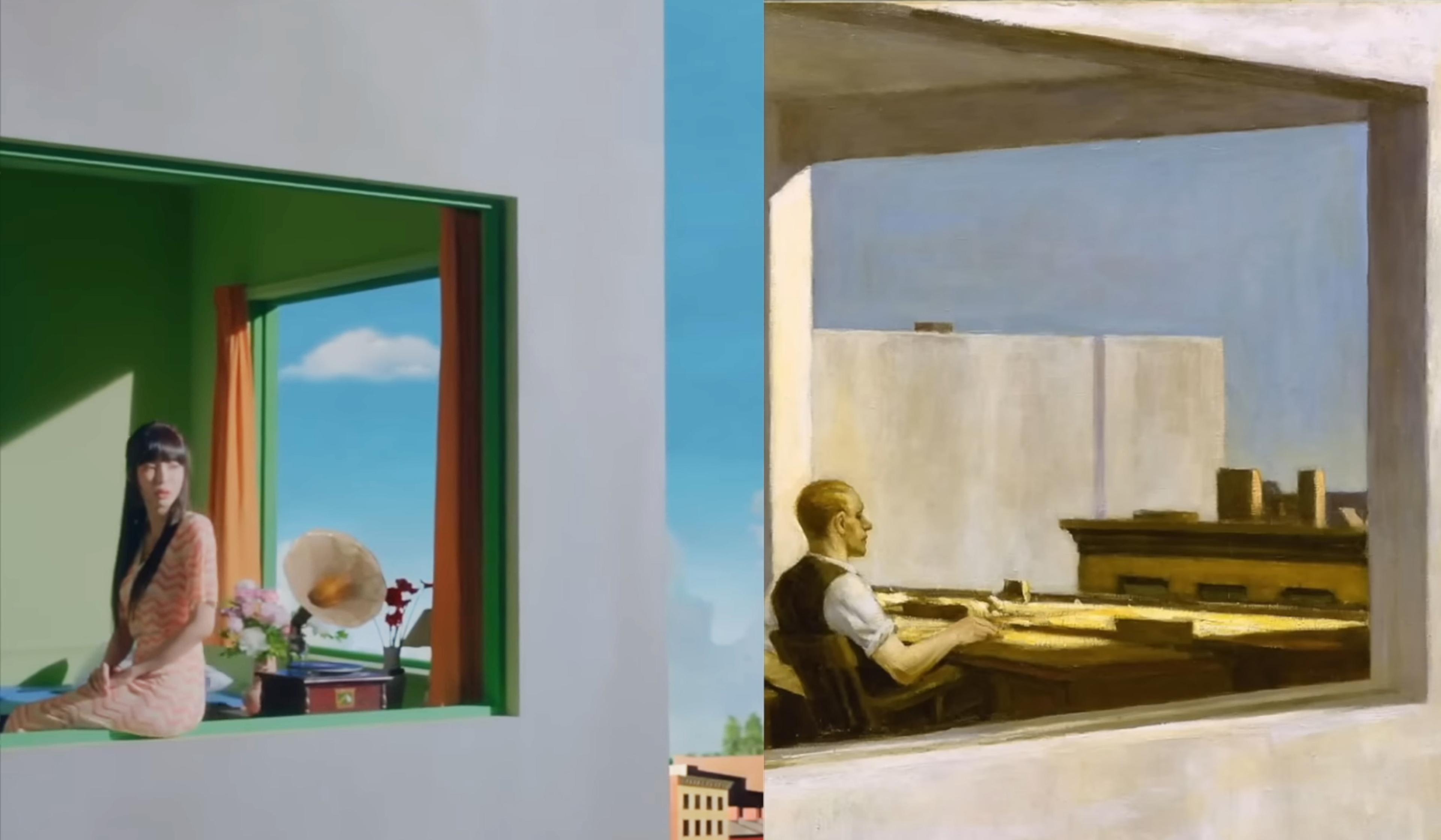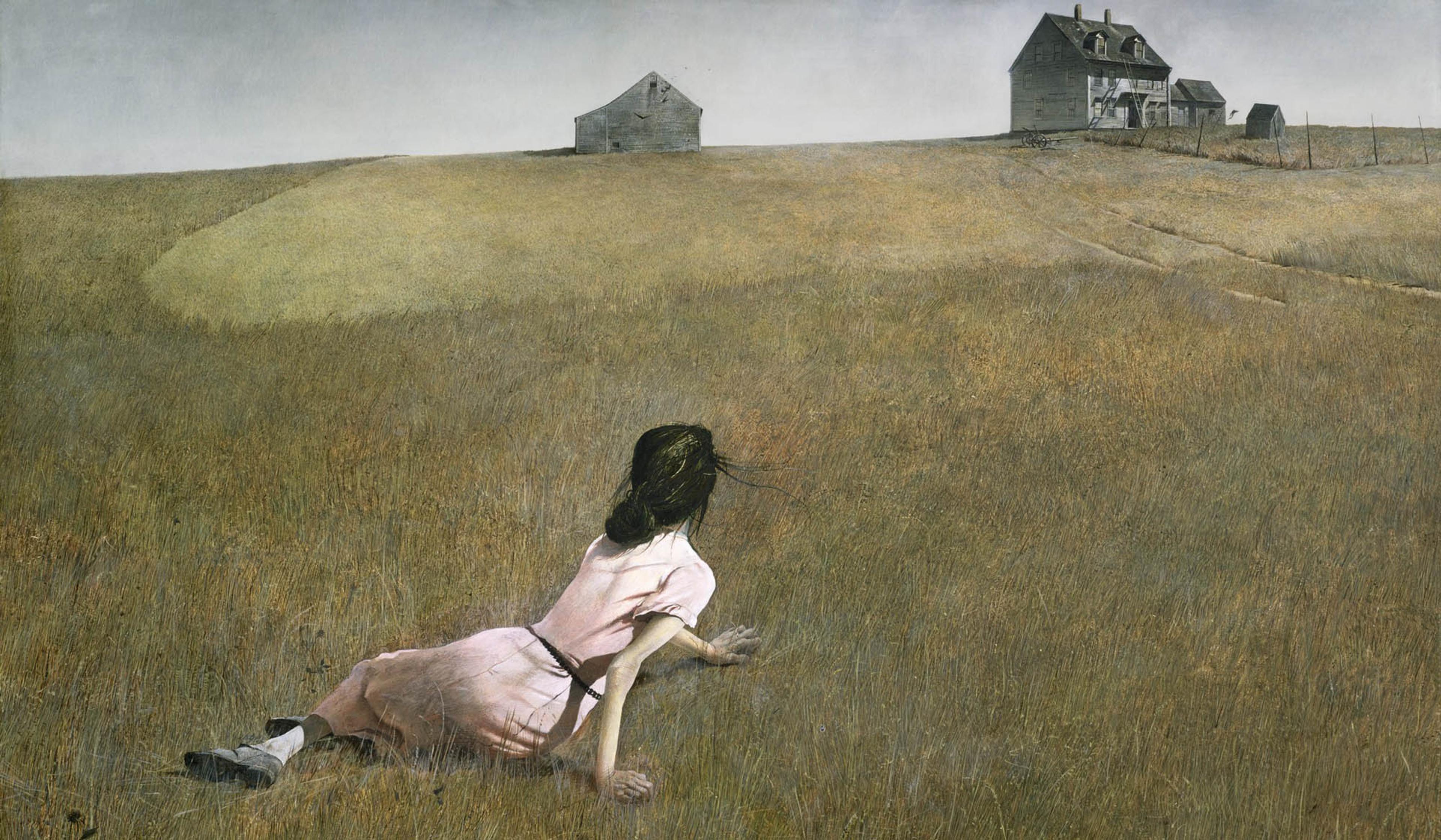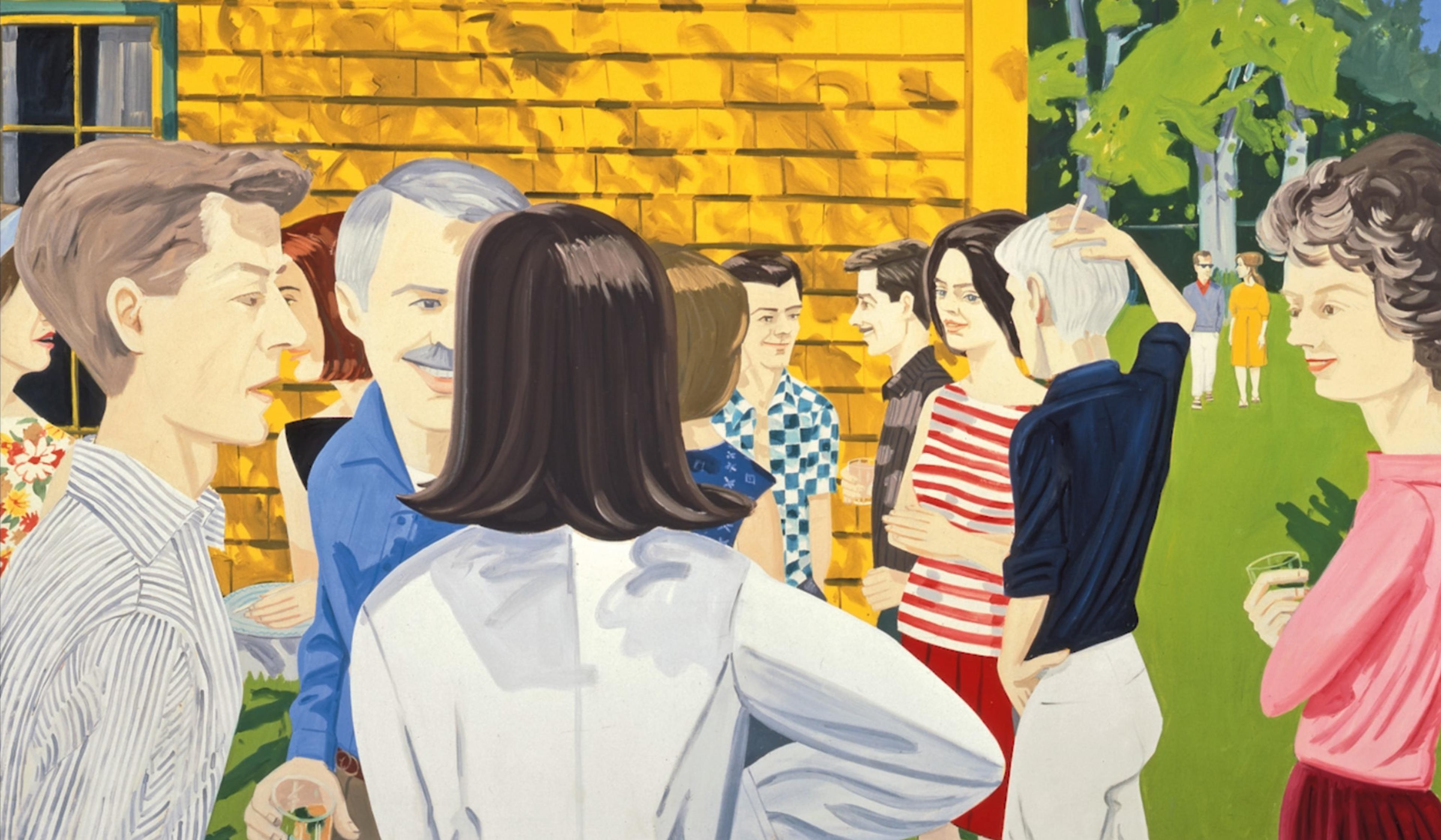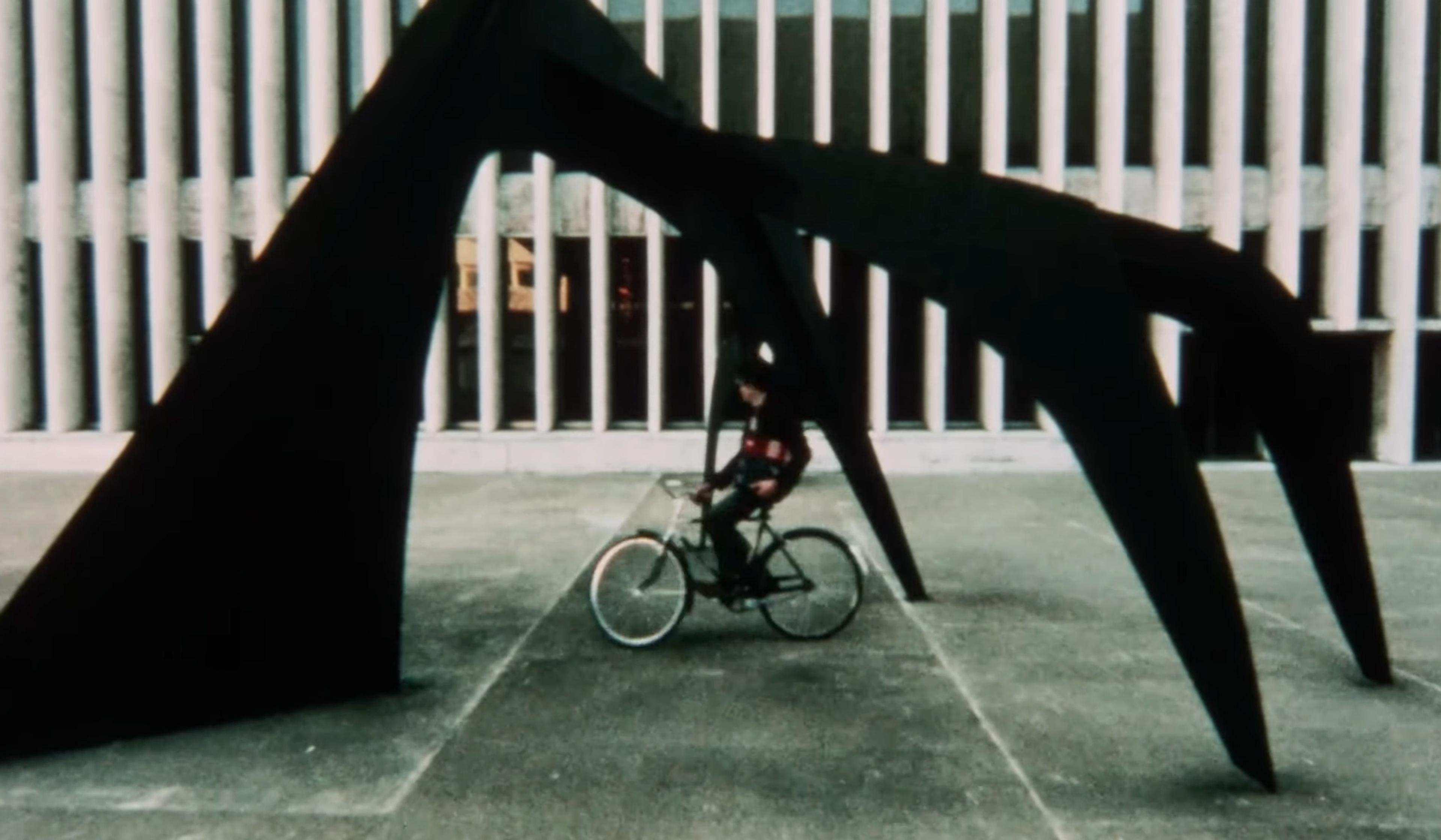Abstract Expressionism emerged in New York City in the 1940s in a world transformed by the Second World War. A successor to Surrealism, the movement is best known for its large-scale paintings and its artists’ interests in abstraction, the subconscious mind and the spontaneity of jazz music. Its arrival was a watershed moment in 20th-century art: New York usurped Paris as the capital of the contemporary art world, and exceptional female artists began to carve out names for themselves in a cultural landscape fraught with gender barriers. In this instalment of his YouTube series Great Art Explained, the UK curator, gallerist and video essayist James Payne explores Abstract Expressionism through the work of three New York-born female artists Lee Krasner, Elaine de Kooning and Helen Frankenthaler. Examining their lives, times and works in the context of art history, Payne highlights their significant contributions to the movement, and how, despite refusing to be defined by their gender, they opened doors for a new generation of female artists.
The female Abstract Expressionists of New York shook the world of art
Video by Great Art Explained
30 January 2023

videoArt
Creating art that was aware of itself – and the viewer – made Manet the first modernist
15 minutes

videoArt
Edward Hopper came of age with cinema. As an artist, he left a lasting mark on it
12 minutes

videoBeauty and aesthetics
Can you see music in this painting? How synaesthesia fuelled Kandinsky’s art
10 minutes

videoArt
‘Long Live Degenerate Art’ – how a Surrealist group in Cairo defied repression in 1938
4 minutes

videoArt
Radical doodles – how ‘exquisite corpse’ games embodied the Surrealist movement
15 minutes

videoArt
‘I built the ground thinking of her’: the story of Andrew Wyeth’s ‘Christina’s World’
8 minutes


